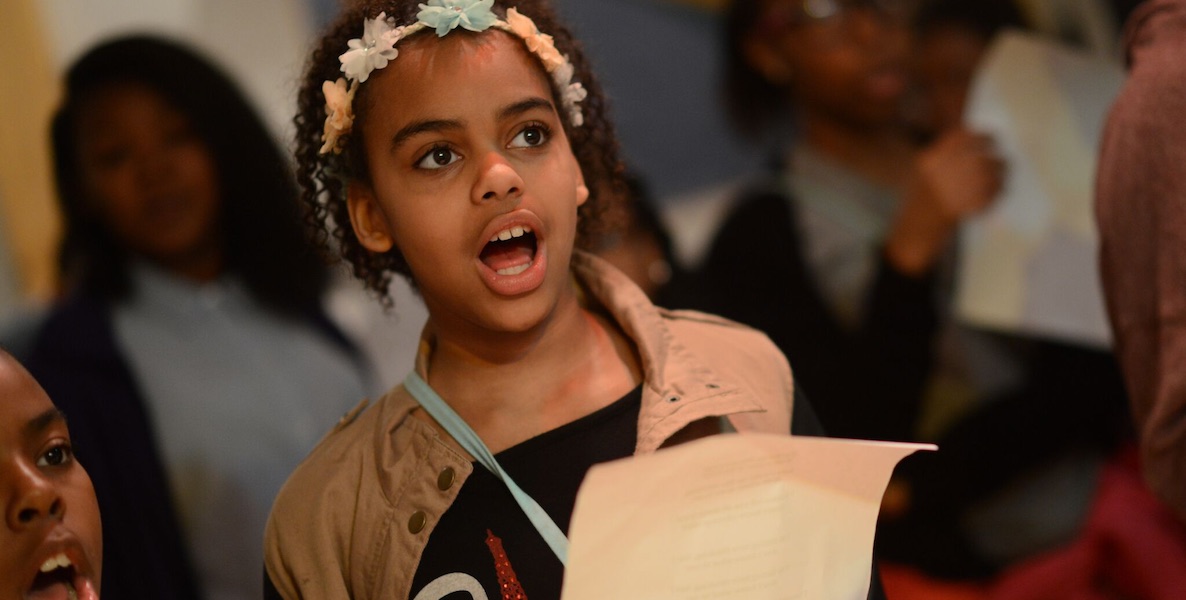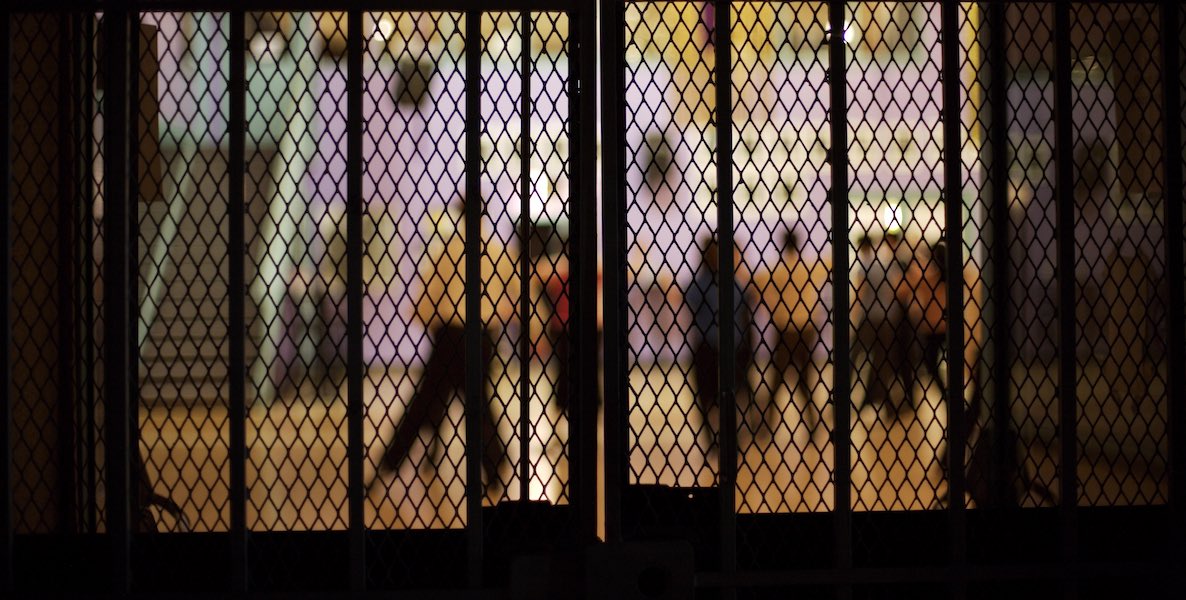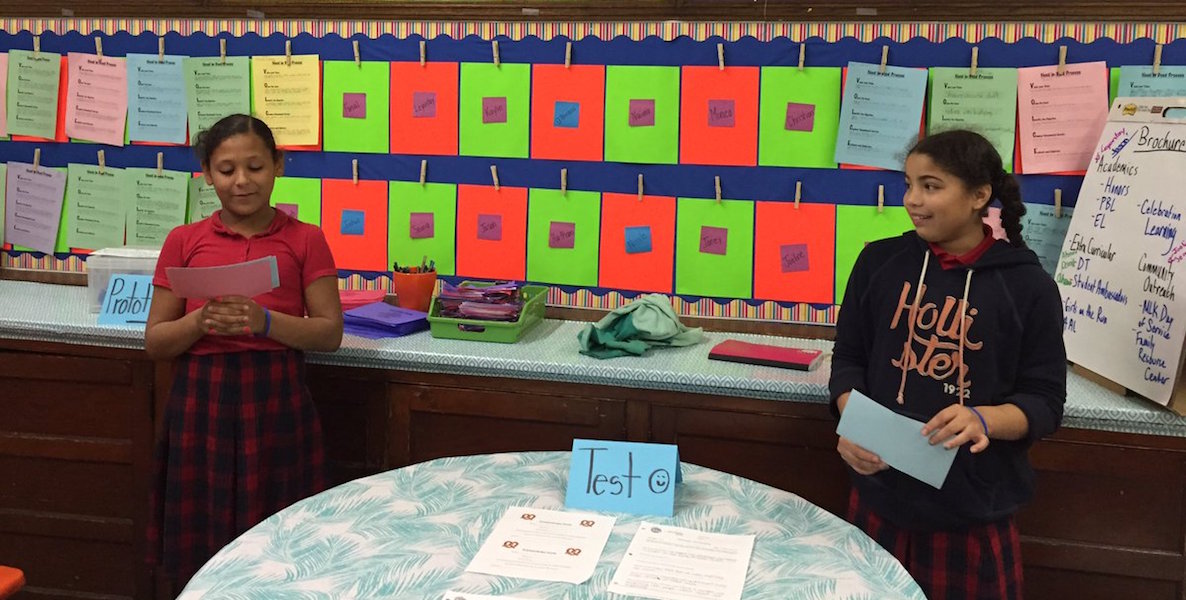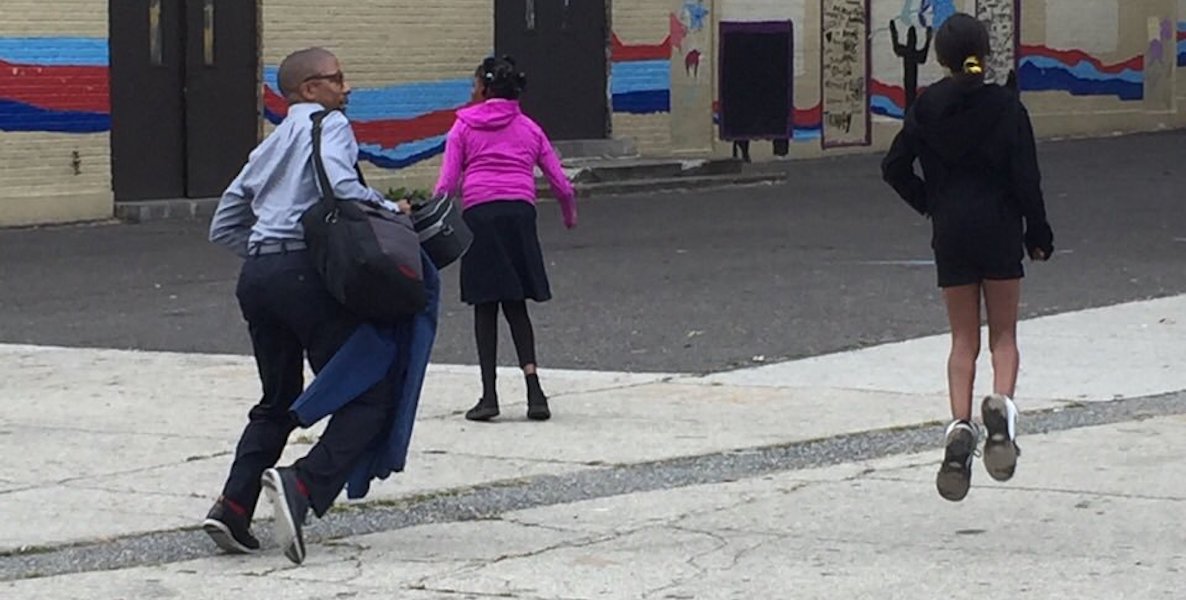Many Philadelphia neighborhood schools struggle with negative reputations because of poor instructional quality and school climate, particularly in low-income neighborhoods. But the most pressing daily challenge that they face is the poor physical condition of their school buildings. Meanwhile, studies have consistently shown that high quality school buildings have a measurable impact on student learning. I once led a high school inside a prison system—and some of the prisons looked and felt better than schools.
All over Philadelphia, students go to class in dirty, dilapidated and unhealthy buildings, which the District estimated in February would cost $5 billion to fix. Consider my school, Laura H. Carnell. Carnell was constructed in an earlier era and looks it: long hallways, rectangular classrooms shaped to accommodate rows of desks, a featureless gymnasium, a small cafeteria, narrow stairways, little natural light, and cement campus grounds with little or no grass. The school has outgrown its original learning space because of an increase in the student population. Despite the building engineer’s best efforts, the range of maintenance needs is substantial, including boiler replacement, plumbing repairs, interior painting, and electrical and lighting upgrades.
The space where children are expected to learn is compromised by many factors. Inoperable heating causes classes to be relocated or forces students to wear coats and jackets. Poor ventilation in the restrooms causes a foul odor to pass through the hallways. There are not enough serviceable urinals. The schoolyard is filled with trash and debris, and it needs repaving. The gymnasium, which doubles as the lunchroom, is small, damp, and very unpleasant. The floors, hallways, and stairways—areas that teachers attempt to use for collaborative learning, reading, and exhibiting student work—is grimy and soiled, compounded by years of neglect and the buildup of dirt. The classrooms go without being cleaned, and many are in need of plaster and paint.
Many Philadelphia neighborhood schools struggle with negative reputations because of poor instructional quality and school climate, particularly in low-income neighborhoods. But the most pressing daily challenge that they face is the poor physical condition of their school buildings.
Two years ago, we requested capital improvements from the school district, including replacing the boiler, and updating bathrooms, lights and classrooms. All in, the repairs—to just this one school!—come to approximately $4 million. (The boiler replacement alone is $1.7 million.) It’s a daunting figure that we, or the district, won’t be able to raise on our own.
We have had to be creative in how we help our student succeed despite the terrible state of their school building. Every day, I myself sweep and pick up trash from the schoolyard and stairwells so students see me attempting to maintain a clean building for them. This is important to me. As a result, many of the students will offer to assist me in cleaning, or bring forward suggestions about what they can do to support a clean building and learning environment.
Last year, we were selected to be part of the School District’s Redesign Initiative. While making innovations in the school’s academic program and culture—including creating a project-based learning environment for all students—we are also creating a plan that leverages public-private partnerships to modernize Carnell’s physical facility.
We have already seen what such partnerships can do for students. Carnell and its community partner, the Oxford Circle Christian Community Development Association, have successfully funded the transformation of the library—nonfunctional for several years—into the Idea Lab. The Idea Lab, which was launched this year, is where student ideas about how to make the world a better place through project-based learning solutions are developed in intimate small groups. One of the first projects by the 3rd grade students is helping the school district develop a more efficient school cleaning program. Their plan will include producing and hosting a major event that mobilizes our community to lobby the district for more general cleaners for Carnell.
With the assistance of generous private donors, we raised $20,000 last year toward the purchase of SMART Boards for classrooms and a complete renovation of the library, including painting and installing electrical upgrades. We also funded the renovation of a dilapidated classroom, turning it into the Family Resource Center, a space that now engages parents and serves as a one-stop destination for the school’s families to access community services, learn about school programming and events, connect with one another, and locate non-academic support services.
Two years ago, we requested capital improvements from the school district, including replacing the boiler, and updating bathrooms, lights and classrooms. All in, the repairs—to just this one school!—come to approximately $4 million. (The boiler replacement alone is $1.7 million.) It’s a daunting figure that we, or the district, won’t be able to raise on our own.
That is just the start to our plan to make Carnell the leading project-based learning elementary school for Philadelphia students for many years to come. We know that to do that, we will need more than instructional changes, and leadership development. Our plan calls for infusing technology into our instruction; making major repairs to the school building; investing in general cleaning, including increasing the number of custodians; and positioning the Family Resource Center as a data portal for understanding and making use of data about the school community.
Sixteen years into the 21st century, it is more than reasonable to want today’s students to have a school building that is functional and relevant. We cannot wait! We need to get this done now, by developing creative ways to finance building improvements while continuing to strive for our ultimate goal: Academic success for our students.
Throughout my tenure as a principal, one superintendent after another has focused large-scale school improvements on curriculum and instruction. I highly agree that curriculum and instruction are the heart of K-12 education. However, the promise of fostering student achievement might best be served if major school improvements and turnaround initiatives started with school district departments that are responsible for facilities and operations, grade and space planning, procurement, and capital improvements. These departments should play a major role by advocating for funding and staffing to accomplish small repairs and large-scale maintenance and upgrade projects that will stir up vigor and creativity. Schools must be properly maintained to give their students access to the resources they need to achieve. School buildings should be as high-performing as we expect our students to be.
Hilderbrand Pelzer III is the principal of Laura H. Carnell School in Oxford Circle. He won the 2014 Lindback Award for Distinguished Principal Leadership, and is the author of Unlocking Potential: Organizing a School Inside a Prison. Pelzer will be contributing regular columns from the school front lines this year.
Header photo from Carnell Elementary on Twitter






